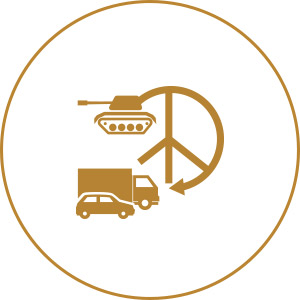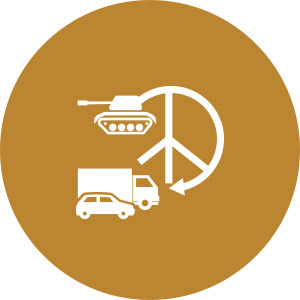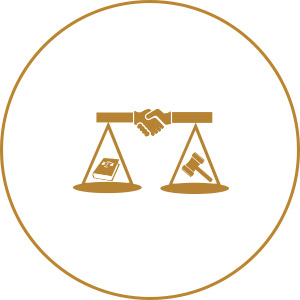Law for Peace
10 Articles and 38 Clauses of the Declaration of Peace and Cessation of War (DPCW)


Article 1 –
Prohibition of the threat or use of force
Article 1 - Prohibition of the threat or use of force

There are conflicts, big and small, among countries for a variety of reasons. If armed force is used to resolve these conflicts, a peaceful world will never come. States should refrain from the threat or use of military force for the protection of lives and property.


Article 3 –
Friendly relations and the prohibition of acts of aggression
Article 3 – Friendly relations and the prohibition of acts of aggression

States should become agents of peace and take measures to strengthen global peace. Based on respect for the principle of equal rights and self-determination of peoples, States should prohibit acts of aggression and should not allow their territories to engage in armed force. States should develop friendly relations with all other states and prevent disputes.


Article 4 –
State boundaries
Article 4 – State boundaries

States should refrain from any act of incitement, planning, preparation, initiation, or commission of an act of aggression that violates the boundaries of another state. Such an act of aggression should not take place in military, political, economic, or any other form.
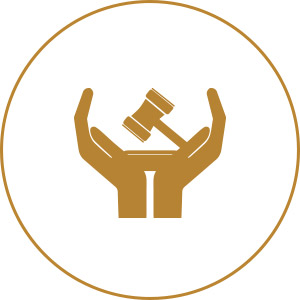
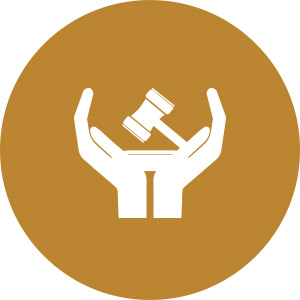
Article 5 –
Self-determination
Article 5 – Self-determination

States should not engage in any intervention aimed at dividing or separating a State. If a nation-state is divided, the divided people should be provided with their right to self-determination and measures to establish a unified government. States should encourage them to engage in cooperation and dialogue.
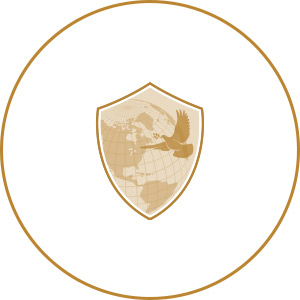
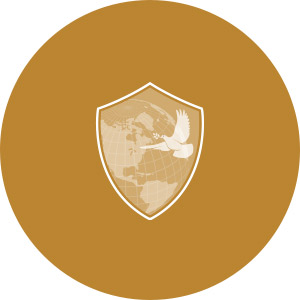
Article 7 –
Right to self-defence
Article 7 - Right to self-defence

If an armed attack occurs against a State, measures taken in self-defense should be immediately reported to the Security Council and should be limited. Excessive use of force under the pretext of self-defense cannot be accepted by the international community.
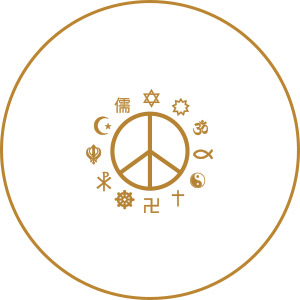
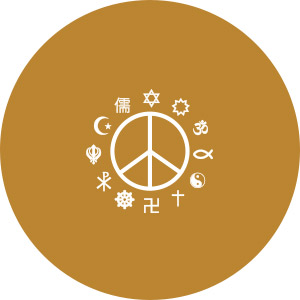
Article 8 –
Freedom of religion
Article 8: Freedom of religion
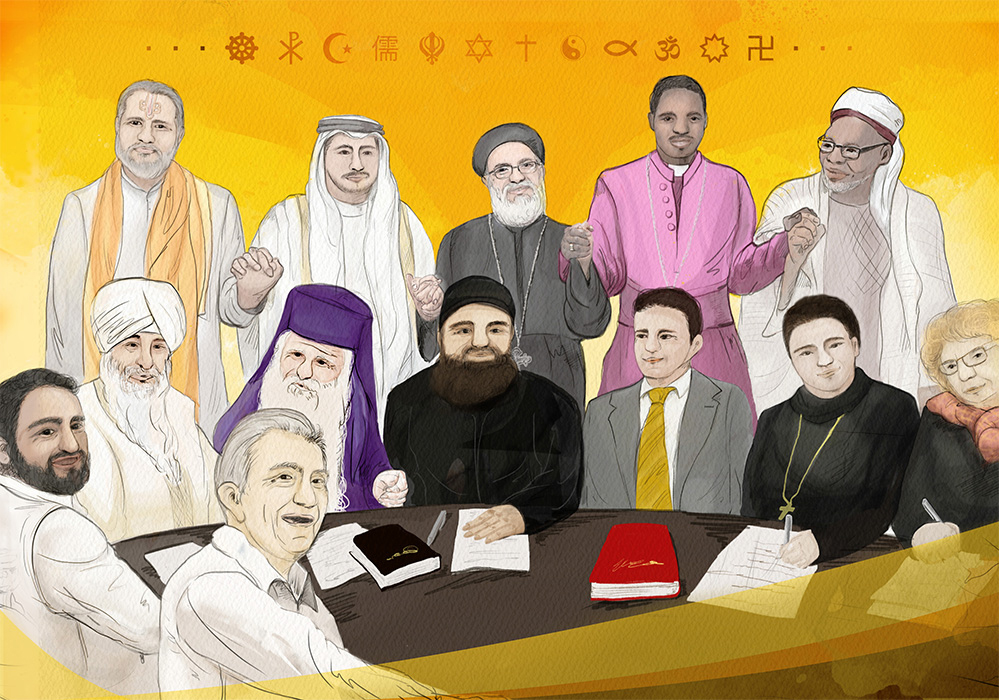
Given the seriousness of religious conflicts, collective efforts should be strengthened to resolve them. States should foster religious freedom and a culture of tolerance. Also, states should prohibit the usage of religion by governments, groups, or individuals to commit acts of violence against others.


Article 9 –
Religion, ethnic identity and peace
Article 9 - Religion, ethnic identity and peace
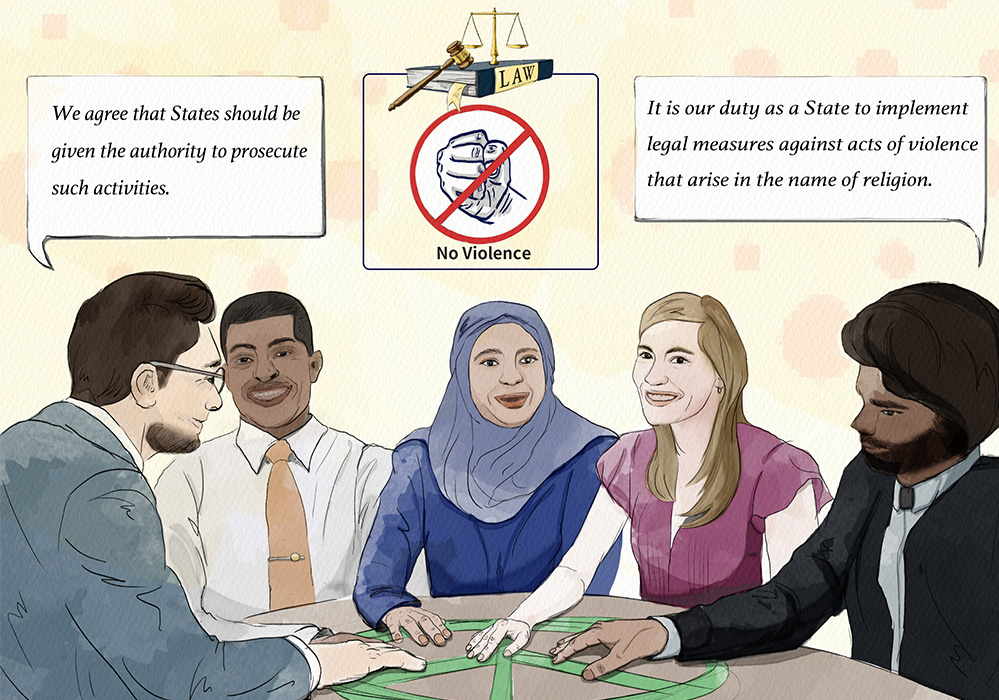
States should promote mutual understanding between different religious or ethnic groups and encourage consultations to identify the root causes of tension. To prevent religious belief or ethnic identity from being used as a pretext for acts of violence, States should prosecute and punish such activities.


Article 10 –
Spreading a culture of peace
Article 10 - Spreading a culture of peace
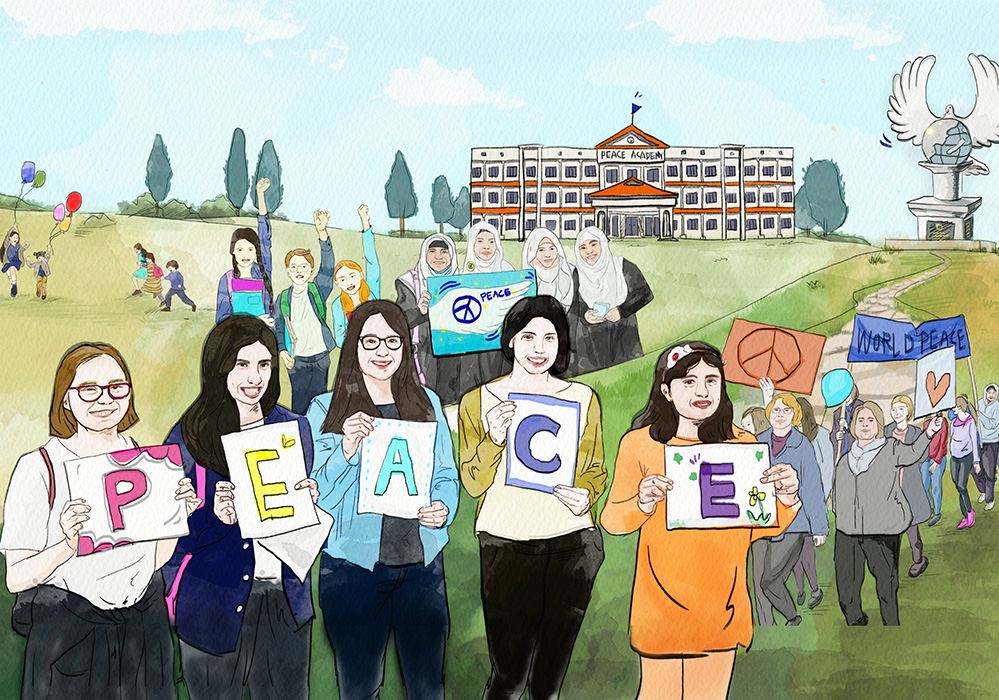
Action comes from thought. Peace education should be provided to global citizens so that they may learn, speak, and practice peace. Those who receive peace education will make peace possible even without the force of law, creating a world of complete peace.


